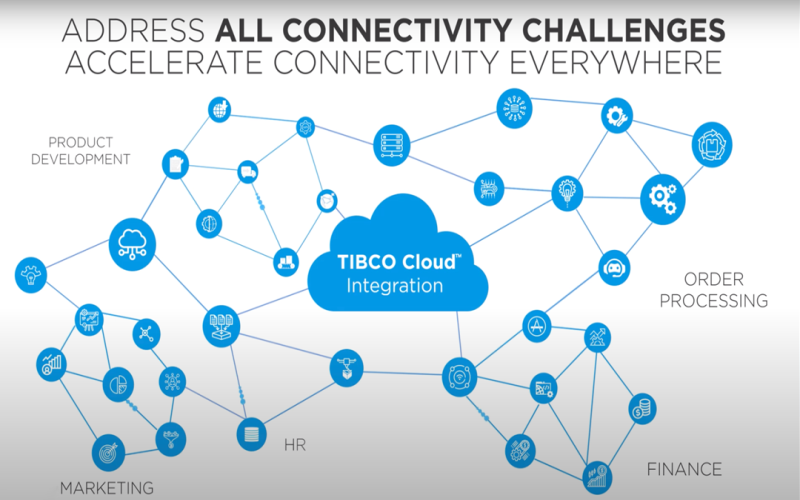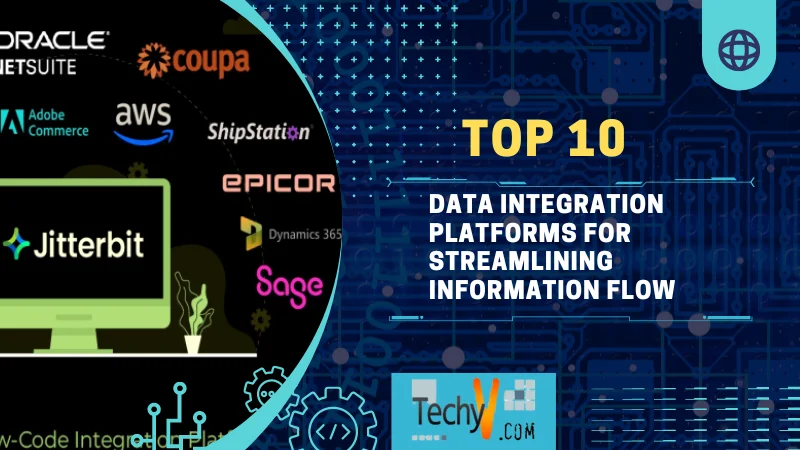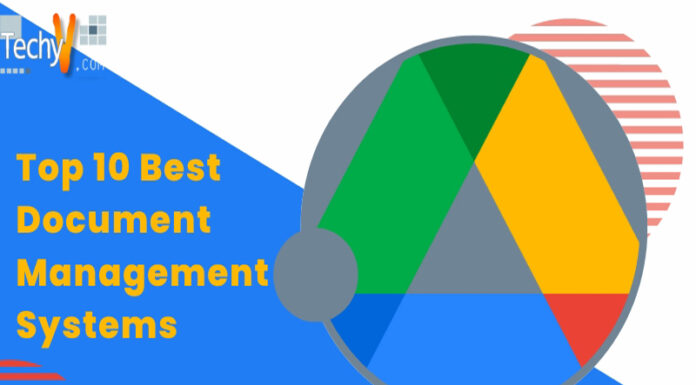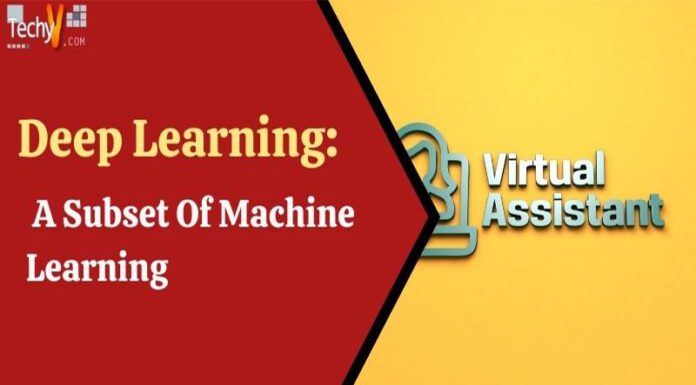As volumes of data grow exponentially, integration platforms warrant substantial investment. Top-rated tools go far beyond basic connectors for commonly used apps like CRM, marketing, HR, and ERP. The highest-performing offerings allow you to connect legacy on-premises systems in addition to leading SaaS applications. With robust automation capabilities, processes automatically trigger based on real-time data updates across systems. Across test cycles we see drag-and-drop interfaces that dramatically decrease how long a project takes, empowering citizen developers who lack prior coding experience. Monitoring tools supply visibility into data flows and catch issues proactively before they impact business. As part of regular reporting, leading platforms highlight key usage metrics around data tracking, storage costs, or processing benchmarks based on historical periods. We outline the 10 most capable solutions for managing complex integrations below.
1. Integrate.io
Integrate.io supplies over 300 pre-built connectors with the ability to handle high data volumes at speed. As a cloud-based integration platform-as-a-service (iPaaS) tool, capabilities encompass application, data and API integration alongside data warehousing and messaging. Integrate’s Elastic Integrations dynamically auto-scale compute resources to maintain performance. Integrators can orchestrate multi-step workflows with data mapping, transformations, and rules-based routing. Embedded data quality functions clean, standardize, and enrich information flows. Role-based access controls, audit logs, and SOC2 compliance provide enterprise-grade governance. Integrate positions well for event-driven architectures with functionality to capture changes across source systems and then trigger processes.
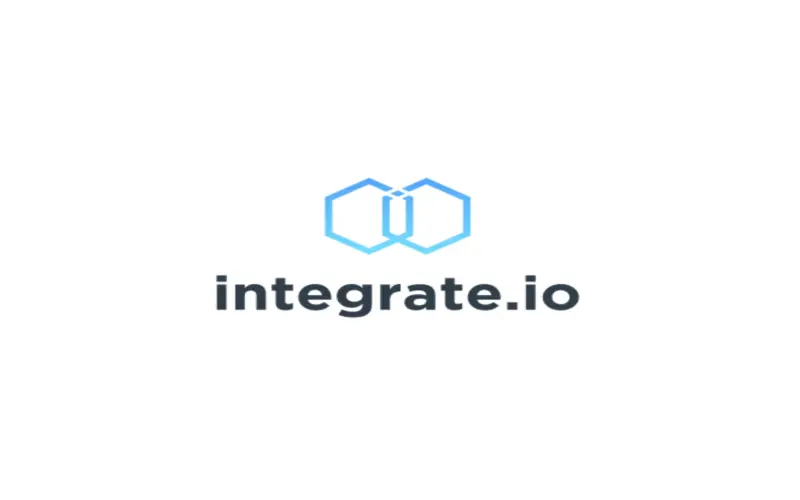
2. Jitterbit
Jitterbit Harmony enables companies to rapidly develop process and data integrations between cloud, on-premise, and IoT apps. It supplies connectivity to over 100 endpoints via both iPaaS and traditional ETL tooling in a single interface. Citizen developers harness over 800 prebuilt connectors, accelerating cross-functional collaboration between lines of business and IT. REST APIs feed real-time operational data into analytics and AI to improve decision-making. Complex integrations encompass multi-step sequences, branching logic, data mapping, filtering, and transformations. Leveraging cloud elasticity, the platform dynamically spins resources up or down to meet processing spikes and lulls.
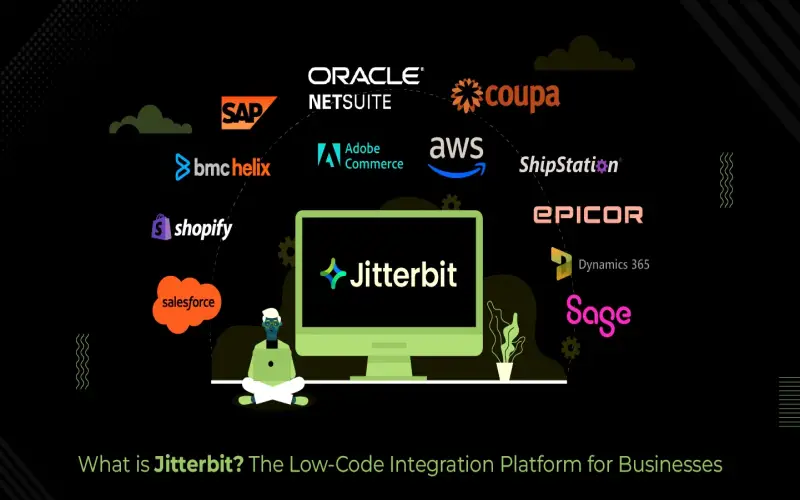
3. Celigo
The Celigo integrator.io platform features prebuilt integrations across common enterprise apps alongside customizable flows between custom APIs and databases. By unifying disparate processes into automated workflows, it promises faster cycle times at lower costs. Configuration wizards allow line of business personnel to construct simple data flows and transformations without IT help. Interactions automatically trigger whenever relevant data changes occur. Advanced data modeling, validation checks, and exception handling bring reliability. Embedded analytics supplies monitoring across runs. As a SaaS-based solution requiring no on-premises installation, TCO stays low while still connecting legacy systems. SOC 2 audits assure data security.
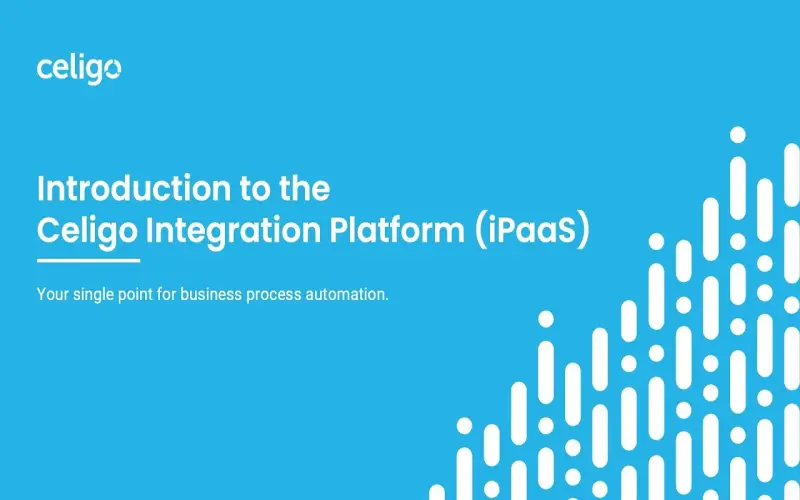
4. Dell Boomi
This cloud-based integration platform as a service (iPaaS) AtomSphere simplifies connecting cloud and on-premise applications to ensure a cohesive hybrid IT landscape. With pre-built connectors for software-as-a-service (SaaS) apps, legacy systems, and APIs alongside a drag-and-drop mapping interface, workflows automate rapidly. Strong data quality features help prevent issues with transformation capabilities to ready data for destinations. Role-based access, SAML authentication, and end-to-end encryption boost security while robust monitoring, throttling, and load balancing ensure reliability even for large data volumes. Boomi also offers specialized integration solutions for healthcare, retail, and manufacturing verticals.
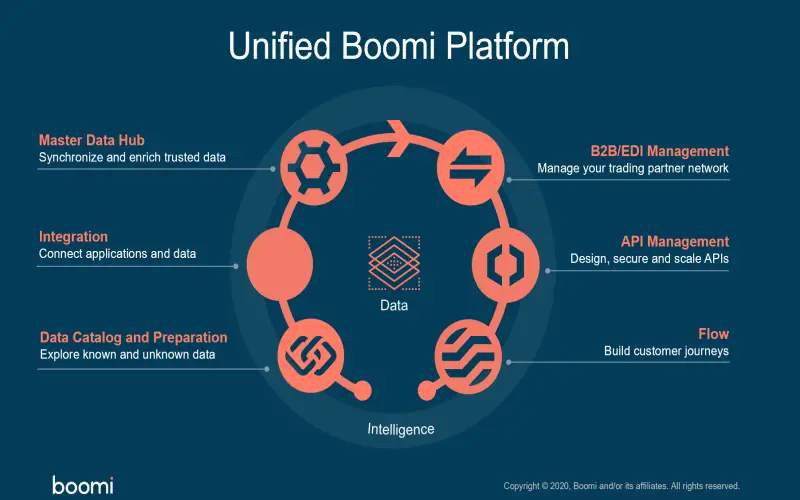
5. Talend Cloud Data Integration
This integration platform as a service (iPaaS) solution offers a drag-and-drop workflow designer to simplify creating integrations across diverse systems like cloud apps, data warehouses, and IoT infrastructure. A library of pre-built connectors and components speeds up linking apps and building data pipelines while the repository differentiates the platform by storing process metadata, data models, and mappings for governance. Embedded data quality and preparation capabilities help ensure information usability downstream with ultimate flexibility to customize. Infrastructure auto-scales to handle spikes in data volumes with 99.95% guaranteed uptime as well as robust security protocols. Perpetual license or monthly subscription plans suit different needs.
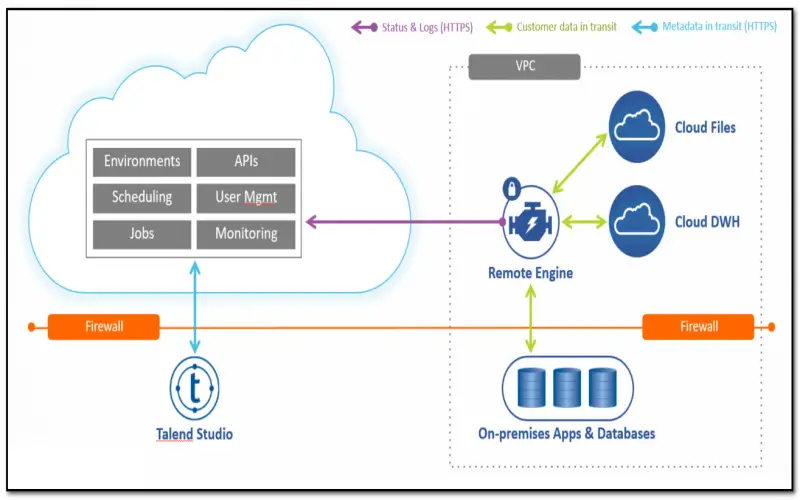
6. SnapLogic Intelligent Integration Platform
This scalable, cloud-native solution simplifies building automated, self-service data flows known as “snaps” between hundreds of applications, databases, files, APIs, and more. With an extensive library of snaps and a drag-and-drop canvas interface aligning with human logic, users rapidly integrate apps and transfer data without coding. The platform uses machine learning to recommend the next steps during workflow building while managing infrastructure, data mapping, and transformations under the hood. Parallel data processing achieves high throughput rates even for billions of records. Role-based access controls, encryption, and infrastructure monitoring boost reliability and security. Various pricing tiers suit needs from projects to enterprise-wide.
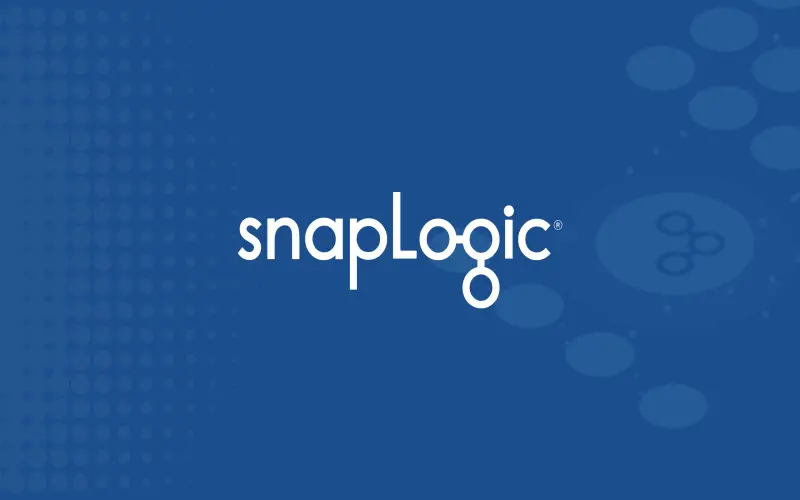
7. MuleSoft Anypoint Platform
This leading hybrid integration platform as a service (iPaaS) empowers companies to unlock data across cloud apps and on-premise systems for a seamless flow of information. The Anypoint designer drag-and-drop interface and extensive connector library simplify linking disparate apps and data sources into cohesive workflows with built-in data mapping, filtering, and decoding capabilities to prevent downstream issues. Anypoint Platform runtime engine reliably processes API calls and messages at scale. Organizations also gain API management and reusable components to accelerate future projects. Robust security protocols like role-based access control, VPN support, and encryption boost reliability.
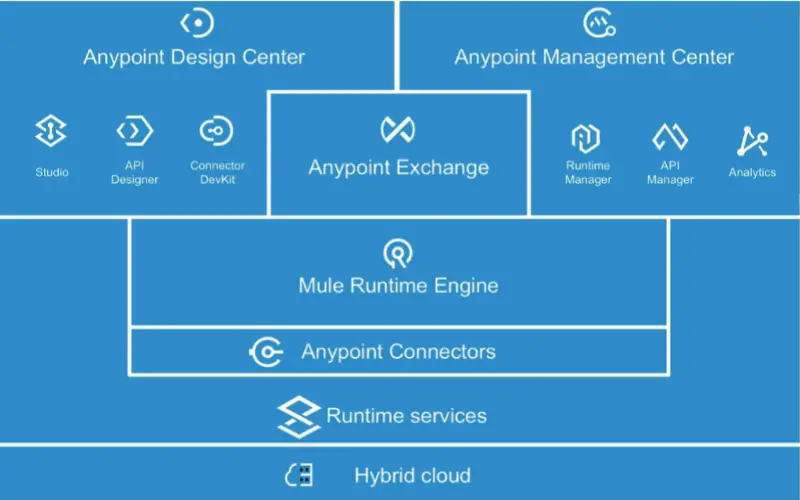
8. Exalate
While many iPaaS solutions focus on technical users, Exalate offers a business-friendly workflow automation platform to sync data across cloud apps and declare cross-system transformation logic. With many pre-built templates and 250+ connectors, non-technical users automate workflows through intuitive, declarative design instead of complex coding. Straightforward pricing by number of syncs makes cost predictable for connecting apps like NetSuite, SAP, Oracle, Workday, Salesforce, Marketo, Jira, Slack, and more. Secure infrastructure, change management controls, and robust monitoring ensure governance.
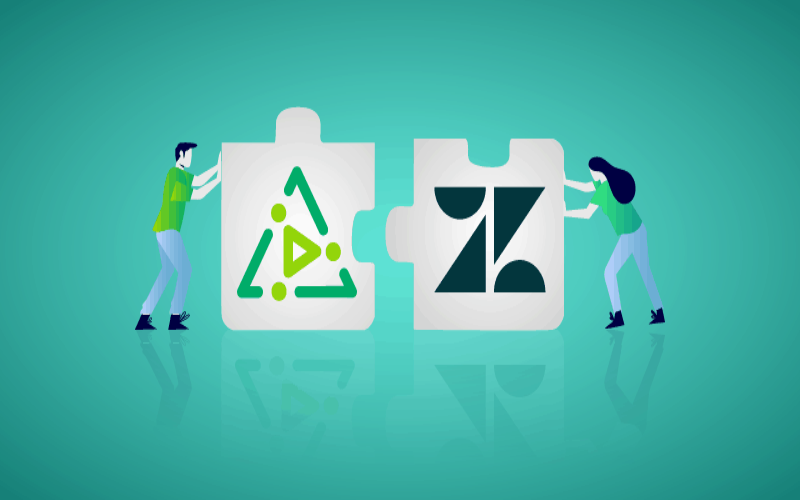
9. Workato
This integration platform as a service (iPaaS) solution suits both technical and non-technical business users with recipe-based automation building. The intuitive console allows declaring workflow triggers, actions, and data mapping without coding via 650+ pre-built application and service connectors. Embedded data preparation features ensure quality while robust error handling prevents failures. Options for parallel processing and workload balancing suit even the largest data volumes and most complex workflows across cloud, on-premise, and IoT ecosystems. Role-based access controls, SSO authentication, and infrastructure monitoring deliver security and oversight. Metered plans provide flexibility and scale.
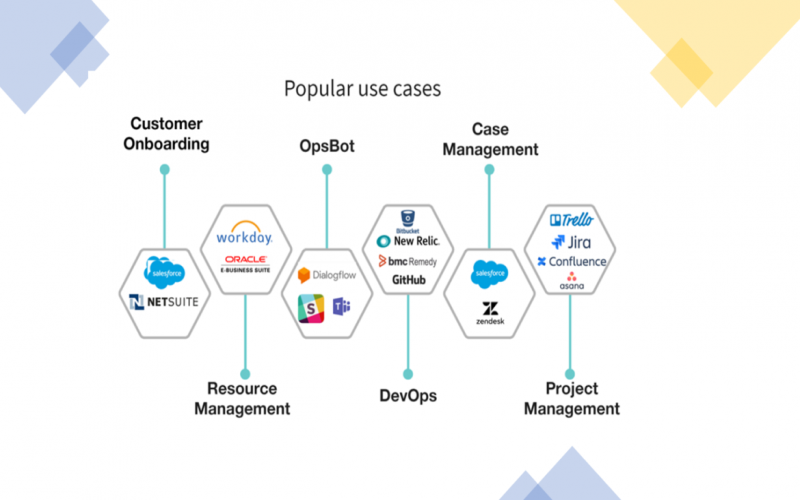
10. TIBCO Cloud Integration
Part of TIBCO’s broader cloud integration platform, this integration platform as a service (iPaaS) solution helps companies consolidate integration tasks to boost reliability and efficiency. Its cloud delivery model eases setup while the one-click deployment model simplifies integration building leveraging a wide array of pre-built connectors. Automated, bi-directional sync, lightweight middleware, parallel processing engine, and workload balancing allow real-time data synchronization even when transaction numbers reach millions per day. Granular controls give admins oversight over permissions, data flow, and application connections while built-in analytics offer visibility into data volumes, performance, errors, and usage.
